|
Engaging students is a complex challenge: using innovative methods can be a significant resource to motivate them and enhance their learning. Thanks to different kinds of studies and research, today there are many tools available that can be used in the school environment: project-based learning, non-formal education, outdoor education, and ICT are some of the many opportunities that can be integrated with traditional teaching methods. The new edition of the course “Innovative teaching methods for teachers, school and adult education staff” took place in Tenerife from 16/04/2023 to 22/04/2023. The participants came from all across Europe, with Irena, Dalija and Ines respectively from OŠ Vladimira Nazora and Trgovacka Skola Zagreb in Croatia. We also had 4 participants from France coming from 3 different schools: Delphine and Catherine from the Lycée Joseph Saverne, Dalila from the Rectorat de Besançon, and Sabine from the Rectorat de Dijon. From Poland, we had Marek teaching at IV High School in Łódź, Asta from Kaunas M. Mažvydas in Lithuania, Valeria and Jona from Odisee Hogeschool Brussel in Belgium. And last but not least, Karen and Mathilde from CPÆ, Professionshøjskolen, Playful Learning Projekt in Denmark. Nowadays, there are a lot of studies and research backing up and putting to light tools that can be used in the school environment: project-based learning, non-formal education, outdoor education, and ICT are some of the many opportunities that can be integrated with traditional teaching methods that would be regarded as more “frontal”. At first, visual strategies and teambuilding games showed the power of Non-Formal Education. In fact, starting from the activities, we explored Kolb’s experiential learning cycle and we learned how it allows passing from reflection to conceptualization and application, giving the student an active role in the learning process. On the other side, Project Based Learning (PBL) allows students to delve into content in a more direct and meaningful way, starting from a topic question and trying to investigate real-world issues. Analyzing the principles of PBL, the participants of the course had the opportunity to discover how teamwork, collaboration, and creativity can help students to discover ways to deal with real problems, learn strategically, and search by themselves for the answers from the start. Allowing the student to learn in other ways than “frontal” by making the student the protagonist of his/her own learning. Thanks to an ICT tool, the teachers had the opportunity to participate in a special type of treasure hunt, discover Tenerife and deepen the power of Outdoor Education in a very funny way. Some of the advantages of Outdoor Education that emerged during the debriefing are, on the one hand, the increase in motivation and creativity, on the other, the improvement of psychophysical well-
being thanks to contact with nature, and the consequent reduction of stress. Finally, we explored innovative teaching methods with ICT. We practiced several tools in class, finding out new ways to engage students, assess and display a lesson. This course helped participants to understand how to work with a more innovative approach in their classes, these ICT tools being usable for any teaching subject. By Friday, team spirit was so high that it was difficult to say goodbye. However, our group was very eager to go back and start applying all the many ideas that emerged during the course. Another great week of inspiration was over, but only to be continued back in their countries. Discover more about this course here. |
Welcome to the ELA Blog. Here you will find articles and photos of our courses and have a look at the topics addressed during the week in Bologna, Palermo and Tenerife. You will also have the chance to take a peek at our projects and check out what we have been up to.
Archives
July 2024
Categories |
-
Course catalogue
- 2023-2024 course catalogue
- Soft Skills >
- ICT and New Technologies >
- Inclusion and Diversity >
-
Innovative Teaching Methods
>
- Innovative teaching methods discovery
- Non-formal education teaching methods
- Dual education and work-based learning
- Teaching leadership and entrepreneurship
- Project based learning
- Game based learning and gamification
- Green skills
- Outdoor education
- Outdoor education trekking edition
- Promoting creativity and critical thinking
- Languages and EU projects >
- Preschool >
- Erasmus Plus KA1
- What we do
- About us
- Locations
- Blog
- Contact us
 English
English български
български Čeština
Čeština Español
Español Français
Français ελληνικά
ελληνικά Italiano
Italiano Polski
Polski Português
Português Română
Română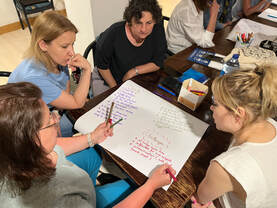
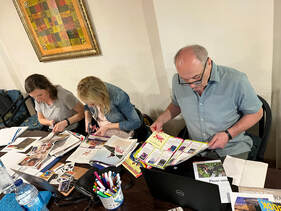
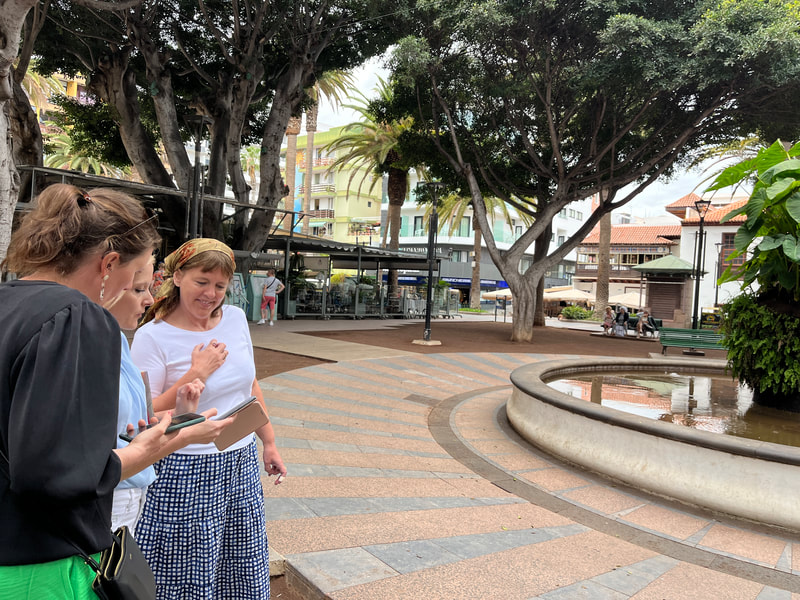
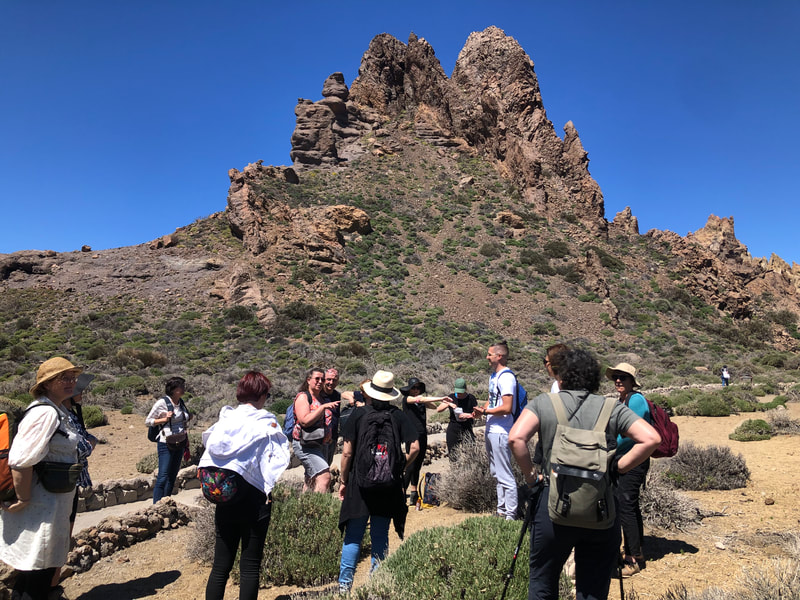
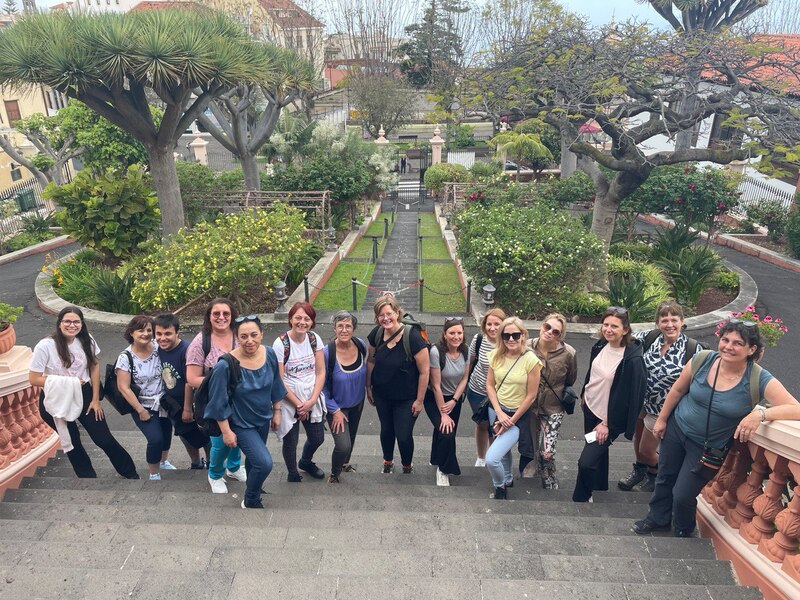
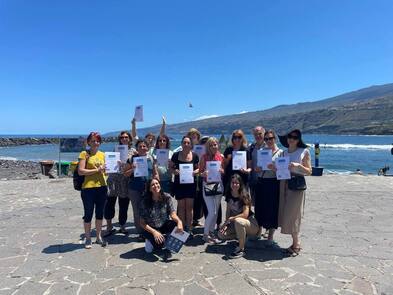
 RSS Feed
RSS Feed









